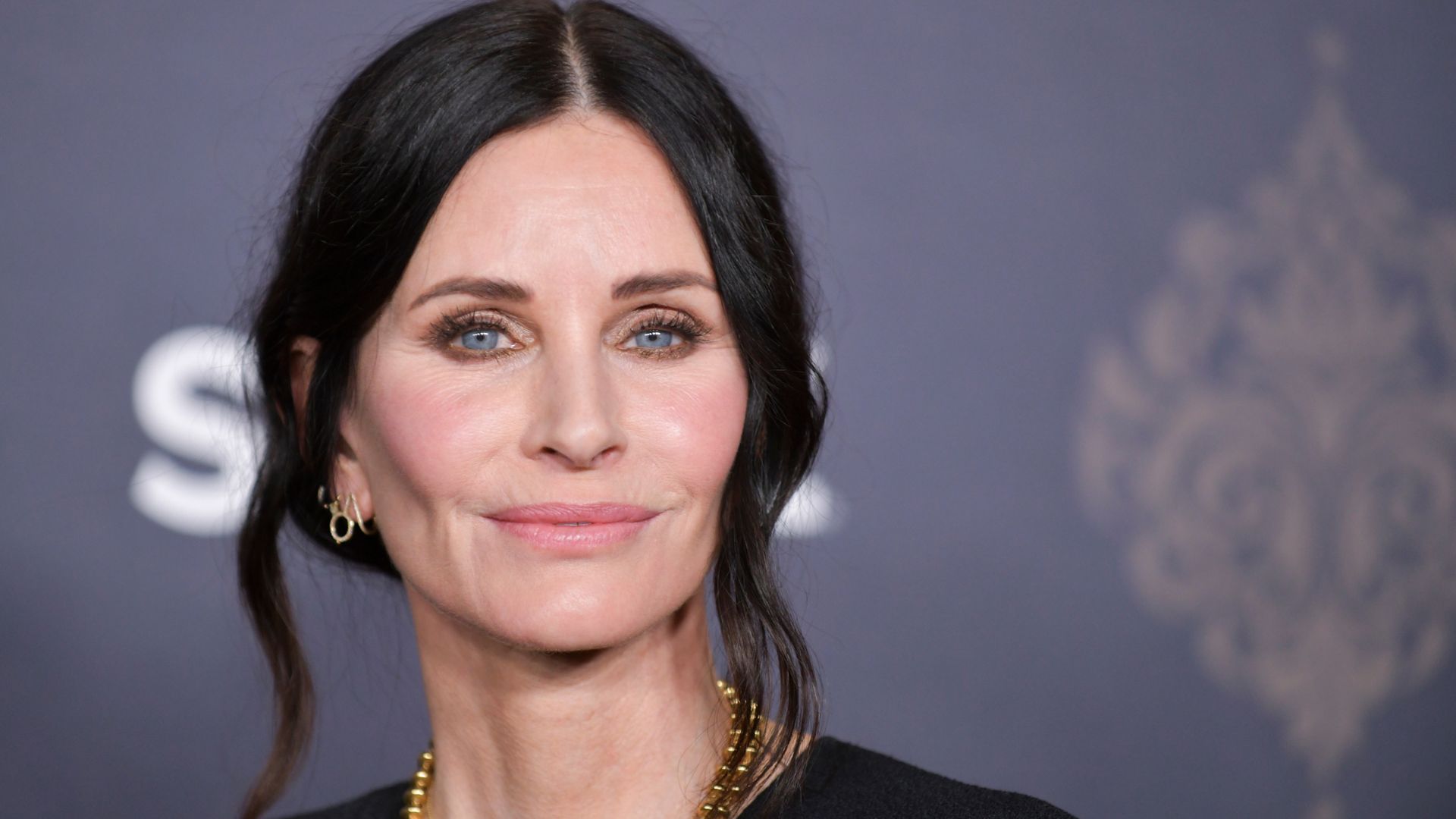News & Entertainment
The latest entertainment and celebrity news from around the world
Latest
-

'I don't take any of it for granted' - Amal Clooney just shared rare insight into her and George's marriage
The human rights lawyer has touched on how supportive her husband George Clooney is
By Jack Slater Published
-
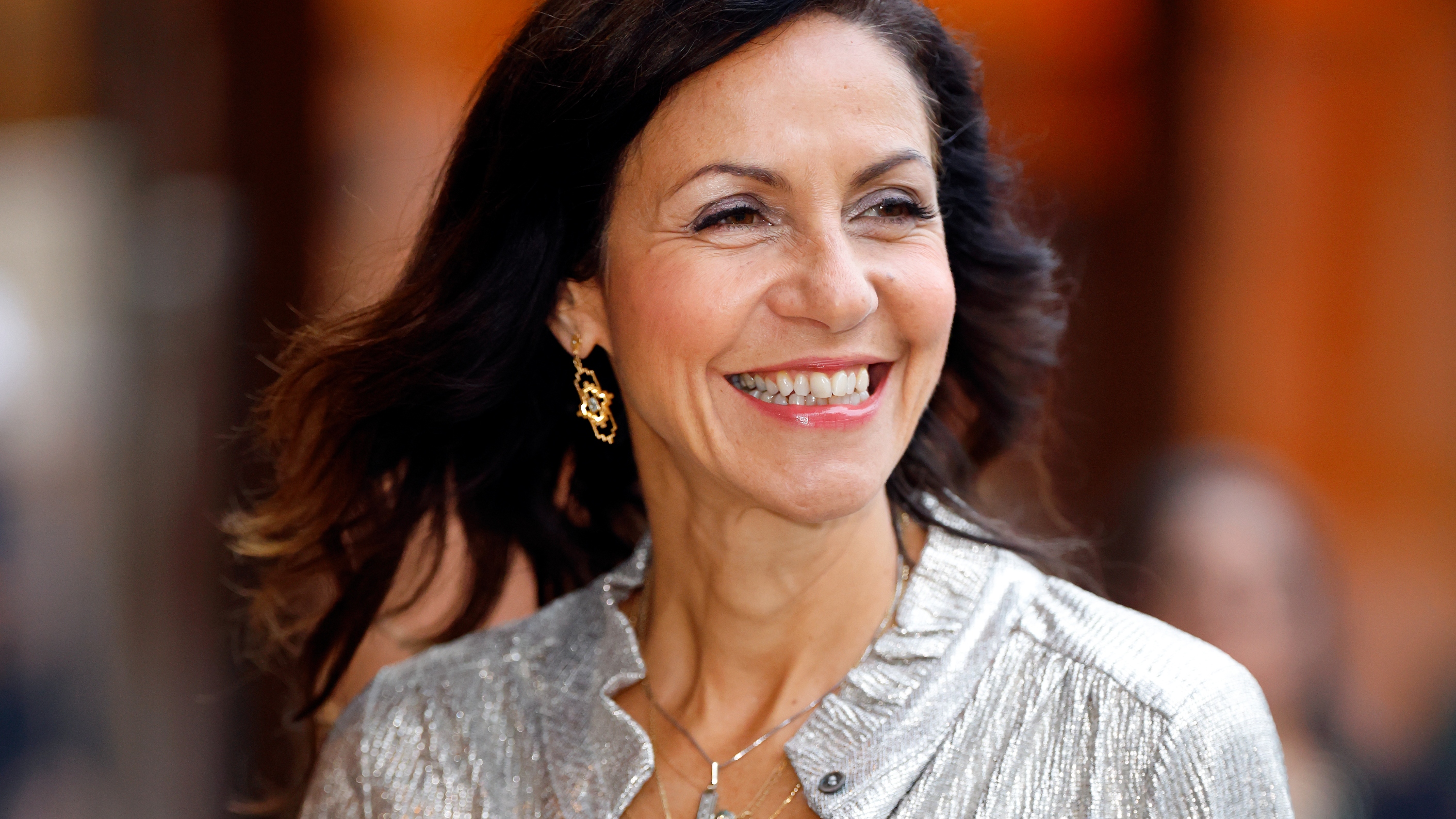
Julia Bradbury 'so grateful for every day' after breast cancer journey
Countryfile star Julia Bradbury shares her new lease on life after beating breast cancer, and how a scan led to a new health discovery
By Jack Slater Published
-
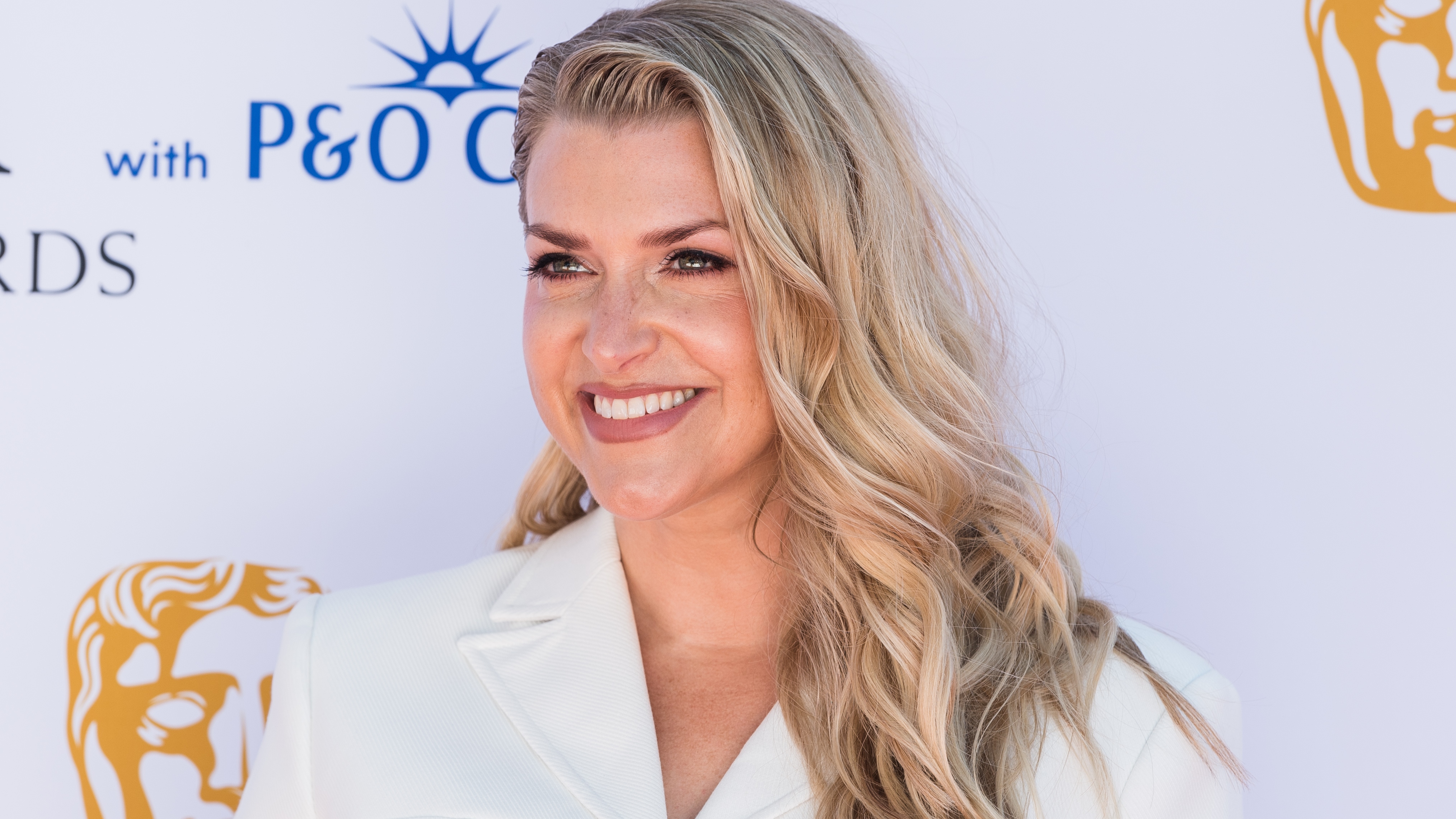
'It's scary because we don't know enough about it' – Anna Williamson on navigating fears around letting kids have phones
The Great British Phone Switch host thinks phones can be safe for teens if the right boundaries are in place
By Caitlin Elliott Published
-
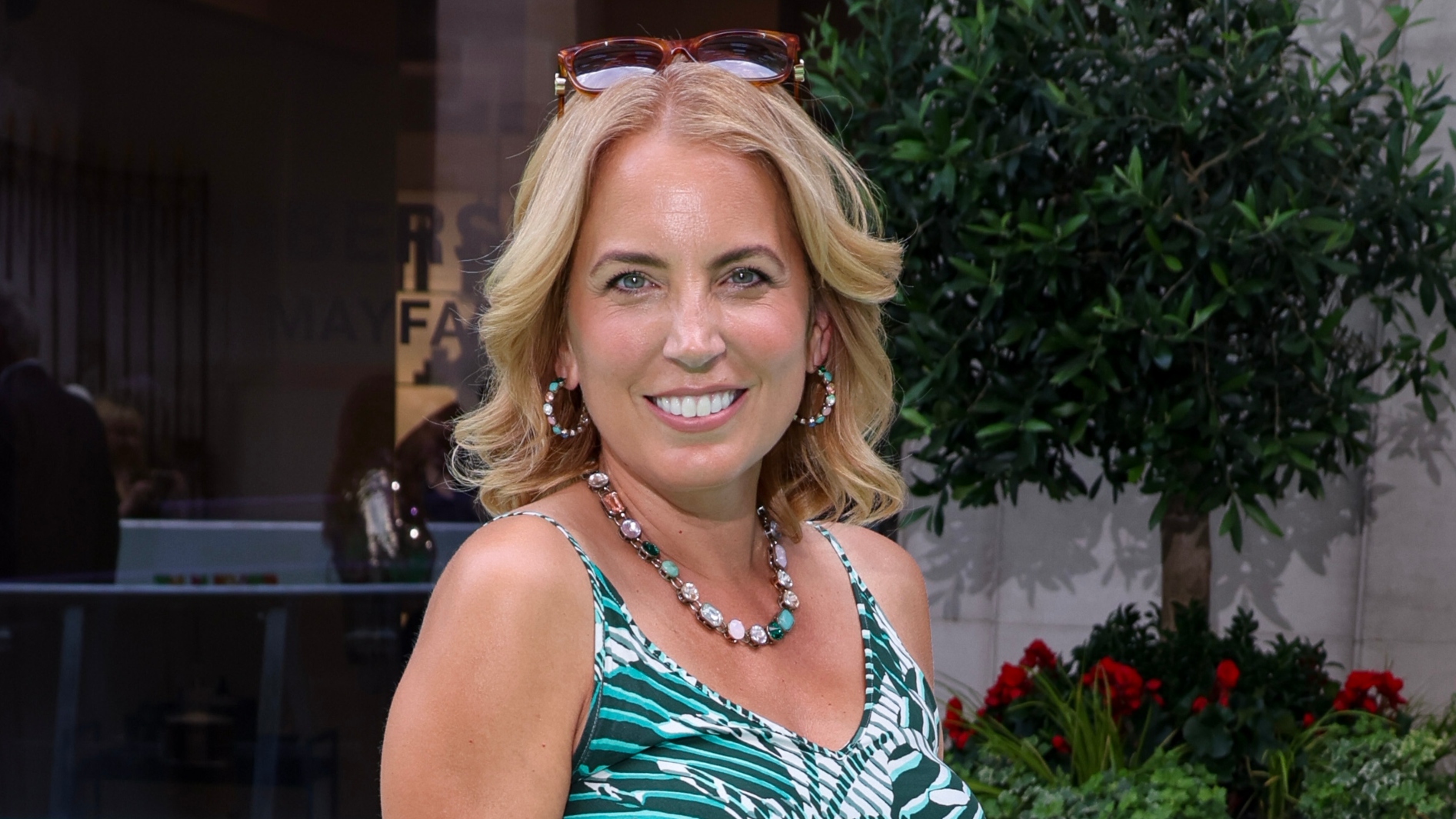
'Why do we find it so difficult to accept a compliment?' - Jasmine Harman’s comments on body positivity are a much-needed conversation-starter
The A Place In The Sun star has posed a simple but very important question I think many of us can relate to
By Emma Shacklock Published
-

Exclusive: Katie Piper voices a heartfelt tribute to Dame Deborah James
The TV presenter and author celebrates the late bowel cancer campaigner’s strength of spirit and vulnerability, three years since her passing
By Gemma Calvert Published
-

Exclusive: Katie Piper reveals a secret battle with alcohol before changing her life with the support of her husband
The TV presenter and author says she had a destructive relationship with booze
By Gemma Calvert Published
-
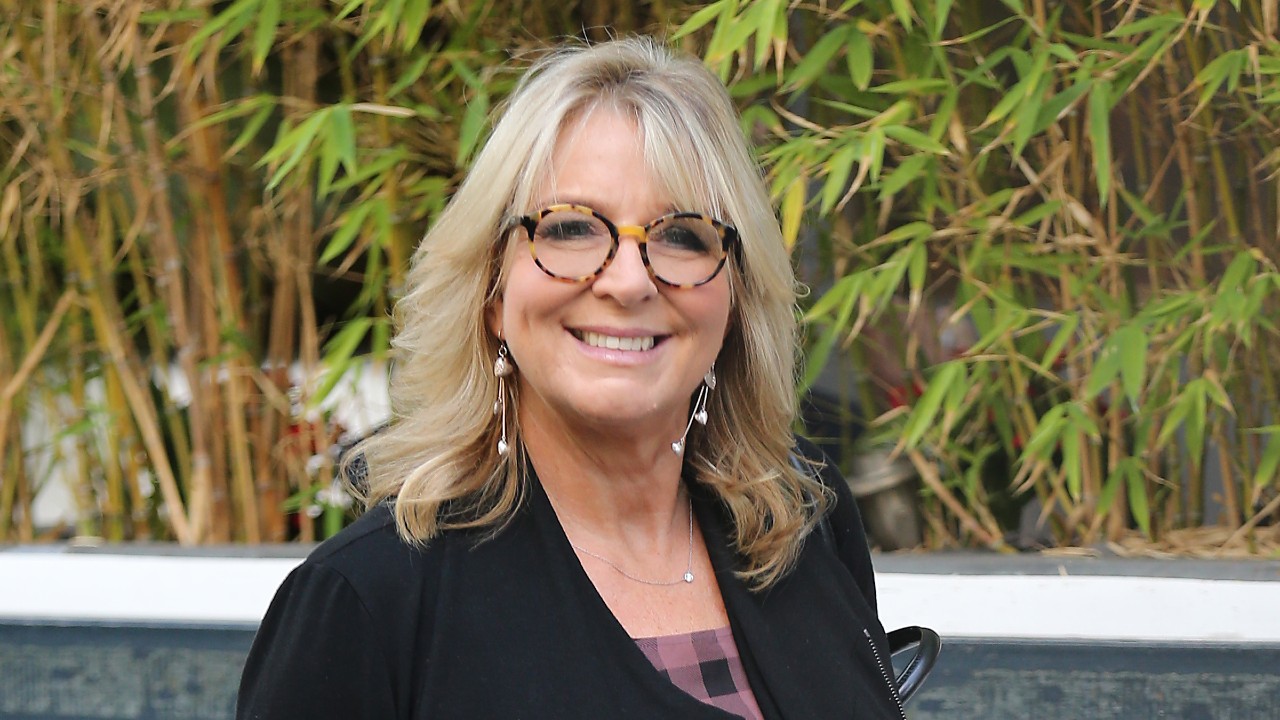
"Hold on, you’re going to be surprised by how good it is" – Fern Britton says what every woman approaching 60 needs to hear
She also revealed how her body has become 'much stronger' as she's got older
By Charlie Elizabeth Culverhouse Published
-
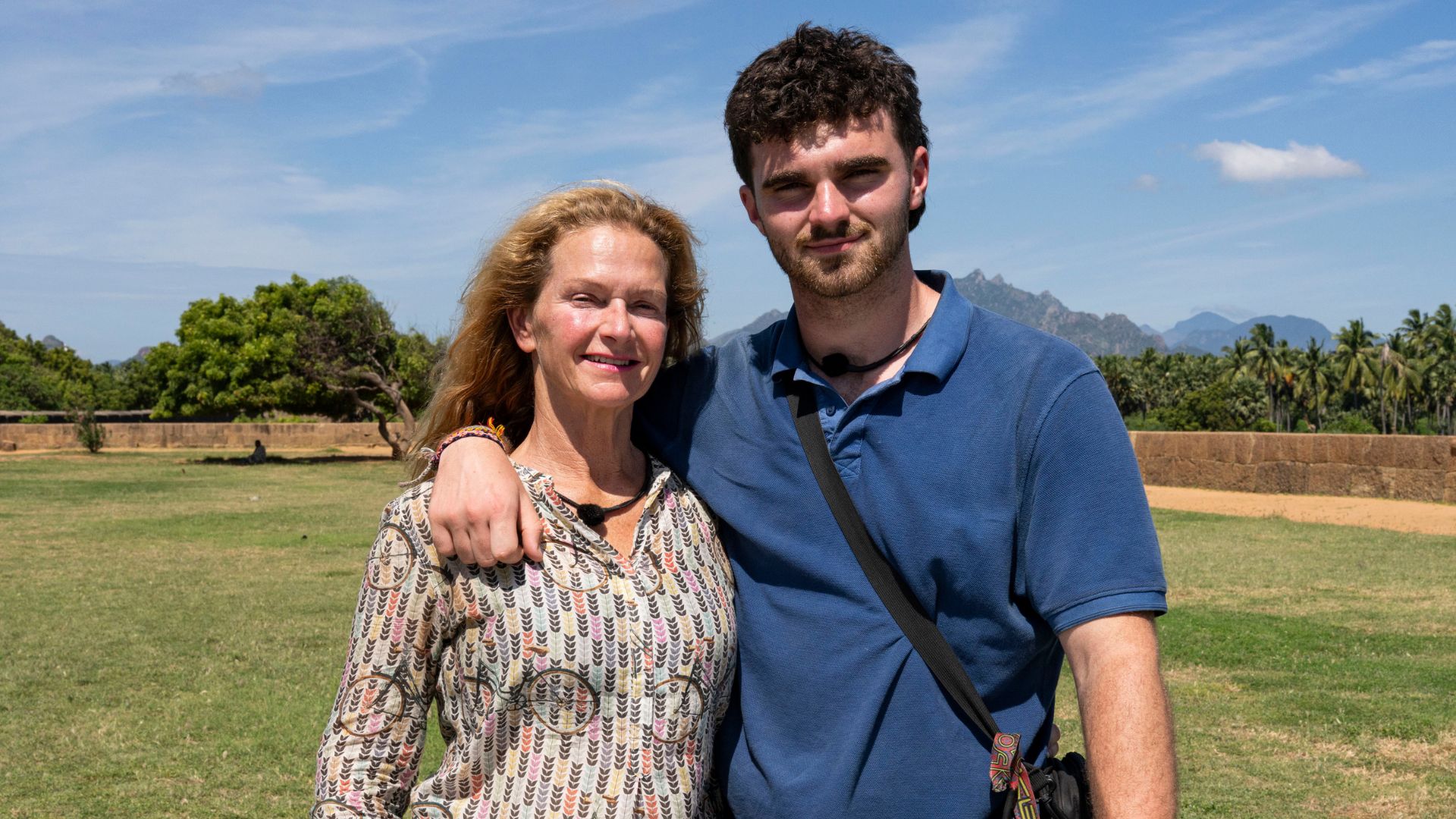
Race Across The World winner Caroline Bridge reveals what she learnt about herself on the show
Race Across The World winner Caroline Bridge says she “wanted to prove something” to herself by signing up to the show – and revealed how winning has taught her a very valuable life lesson
By Charlie Elizabeth Culverhouse Published
-
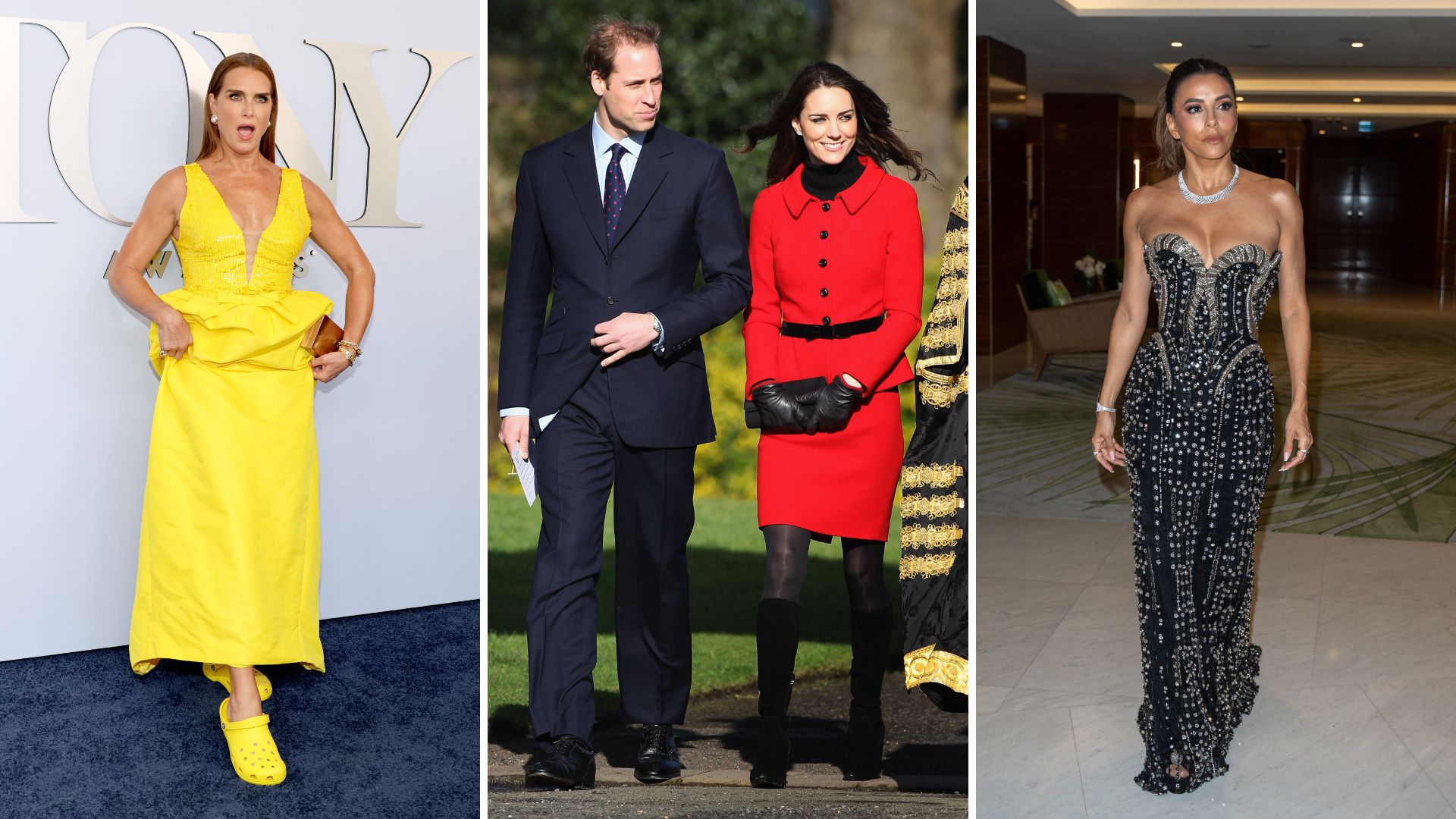
Star students: The celebrities and royals who have studied at the world’s finest institutions
...with some surprising degrees among them!
By Jack Slater Published
